Learning to use confidence
2022.12.22
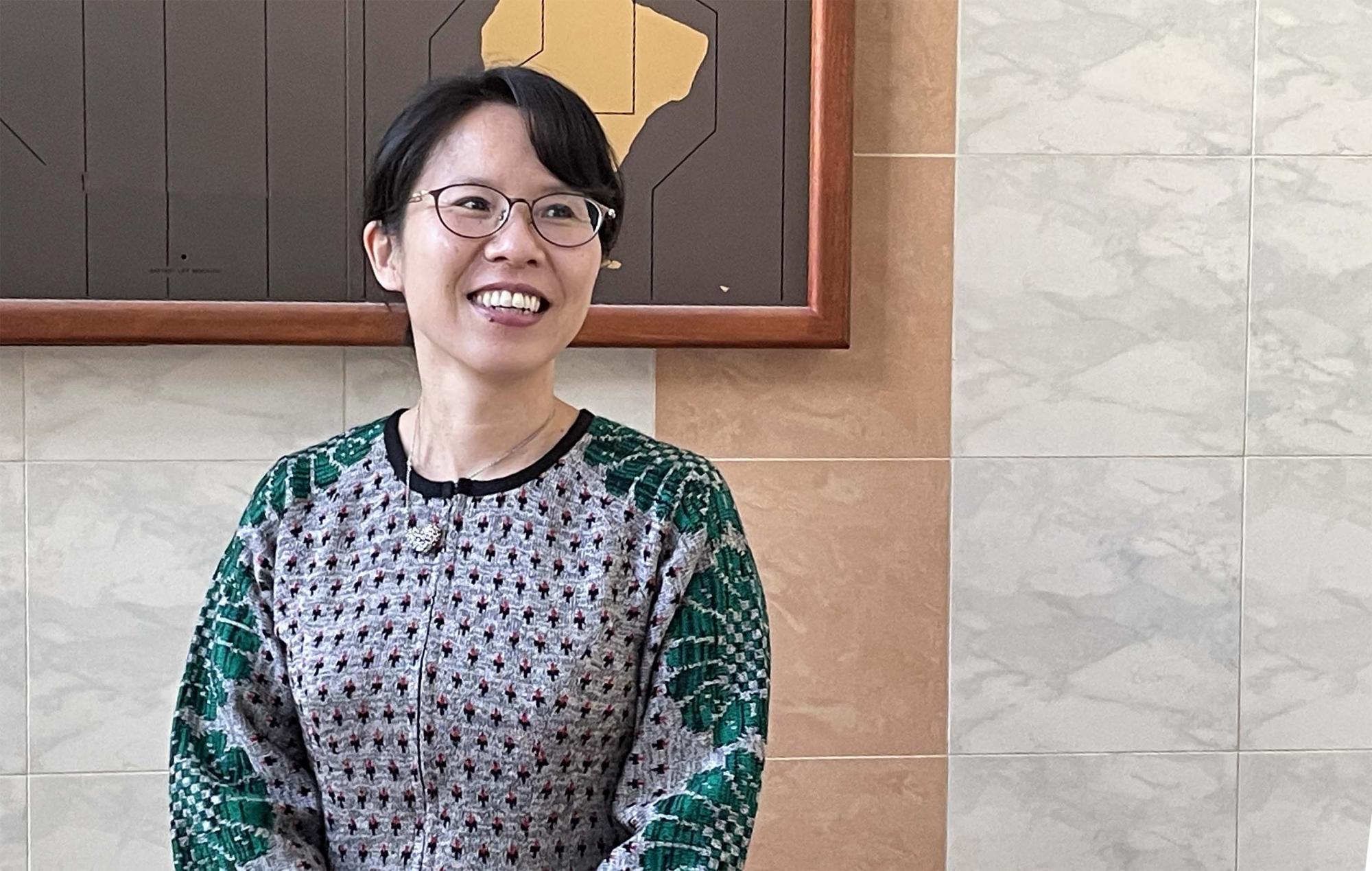
This time, we visited Prof. Ikeda, who had just moved to OU from Kyūshū Univ this summer. We talked with her in her recently established Ubiquitin Biology Laboratory. Though she had been an introvert and very shy as a small child, she drew us into the discussion with her unimaginable vitality, passion for research, an international way of thinking backed by her experiences abroad, keen management sense, and what she values.
"Let's do research!" I enjoyed the thrill of research as a graduate student
During my study in a dental school, I was amazed by an experiment that I preformed. At that time, I had never imagined I could have successfully obtained results from any experiment. I thought experiments were something only for geniuses. This experience ignited my interest in studying fundamental research. In fact, the scientific process was fascinating and a perfect fit for me. Going through the research process, that is, the cycle of using knowledge as a base to develop a hypothesis, testing, and verifying that hypothesis, was far more interesting to me than clinical practice. For my doctoral research, I was investigating the mechanism by which osteoclasts differentiate from their precursors. Upstream signaling factors were known, but the master regulators for differentiation were not. I remember how excited I was when I saw the appearance of giant osteoclasts just by expressing a single transcription factor in precursor cells. I was so thrilled by thinking I might be the only one in the world who had seen this phenomenon. After my first two projects failed, it was a big relief to see this project succeed.

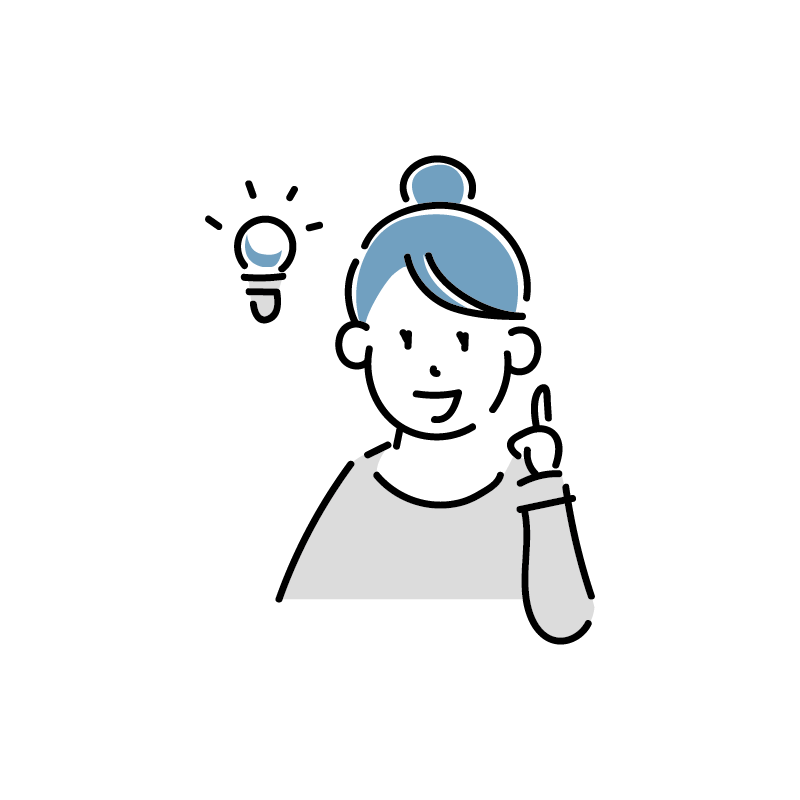

Going abroad for postdoc research | Could I find a place where my goals could be achieved?
Going overseas for research was natural for me as I spent a year as a high school student in the US. During my postdoc lab search, I first applied to a laboratory at the Harvard Medical School where they studied a molecule I was interested in. Everything looked fine, but somehow I felt that this was not a right match. Around that time, my mentor introduced me to his former colleague, Ivan Dikic, who was looking to hire a postdoc researcher. I checked his research, background, and the lab and instantly became interested in joining his lab. I felt this might be the right place for me to achieve my next scientific goal: to decipher molecular mechanisms of inflammatory response. I also wanted to join a lab led by a young and energetic PI like him. I also liked the bright atmosphere of the institute and the beautiful art on the walls.
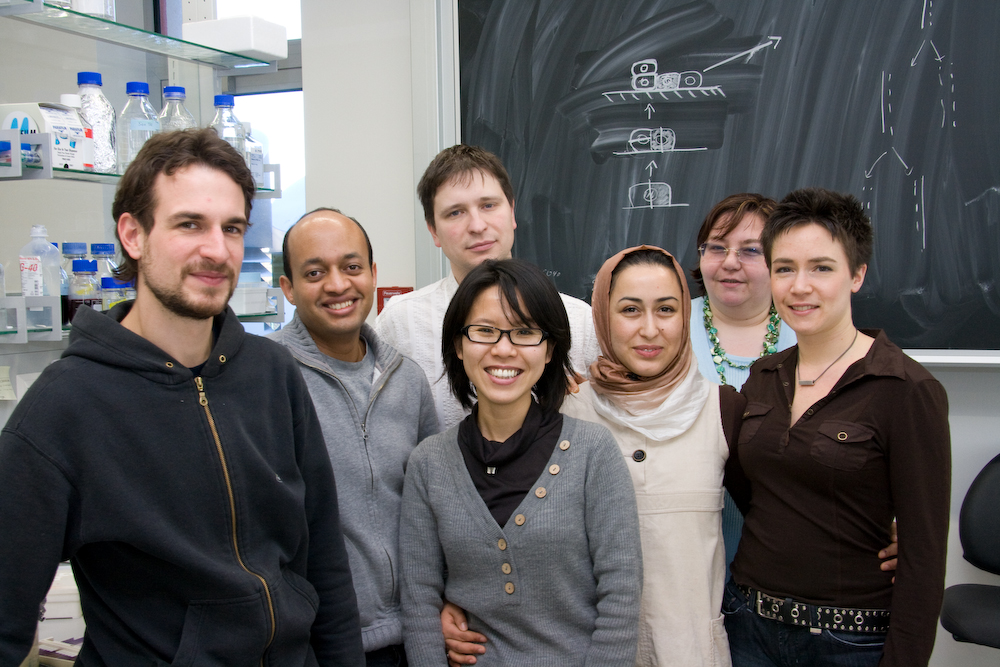
Dikic Lab members
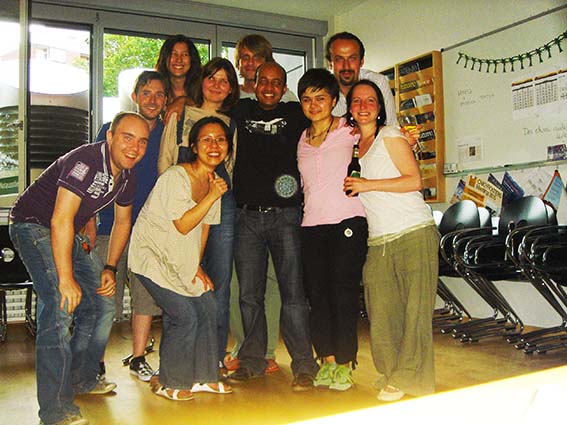
A snapshot of the Biochemie II members in a seminar room during a party

As a post-doc in the Dikic Lab at the Goethe University Medical School in Frankfurt, I could completely immerse myself in research. Ivan is a strong person. At that time, he went home in the afternoon to take care of his children and came back to work until very late at night. The lab also had a hard-working culture at that time and was functioning nearly all around the clock, which is unusual in Germany. There were also many fun events outside of the lab. I used to go to a small bar called the “Sky Lounge” after work with my colleagues from Bosnia, Ethiopia, and Sweden. We were there so often that the waitstaff would bring us our favorite beer before we even ordered. Dikic lab members were from all over the world, including Europe, Africa, and Asia. I have kept in contact with many of my international colleagues over the years.
Becoming a principal investigator in Vienna: encouraging words and team building
After 7 years in the Dikic lab, I had an opportunity to run a lab at the Institute of Molecular Biotechnology of the Austrian Academy of Sciences (IMBA) in Vienna. At first, I was not confident enough to continue researching what I wanted to, because my research field is extremely competitive. Angelika Amon, a scientific advisory board member of a neighboring institute in Vienna at that time, the Research Institute of Molecular Pathology (IMP), told me to be “never niche,” that is, to not be afraid to address fundamental questions. I took this as a message to inspire me to have more confidence. She was a true leader, a pioneer at a time when there were still few women in her position, and her words still encourage me even today.


To build my own team in Vienna, I had all lab members participate in the hiring process, because I wanted them to be self-aware as team members and hold each other's opinions in high esteem, understand what points they considered important, and what goals we should share as a team. What I will never forget in particular is a graduate student whom I personally had some concerns about in hiring. Unlike the other members, she had very little research experience and gave the impression of being reserved, and I was worried whether she would be able to perform well in the lab or not. But the other lab members rallied around her and strongly recommended her to be hired. She eventually joined the lab, successfully wrapped up her research project, received her PhD, and went so far as to be praised by the PhD committee members for her personal development. I was proud to see her grow so strong by the end of her study. This was just one incident in which the lab members proved their strength of unity. Although we had our differences of opinion, there was a sense that we all shared the same goal. While I was a PI at IMBA, organizing a team professionally was a struggle at times, but I think that learning how to communicate and understand others in the face of mutual bias was a major learning experience for all of us on the team.
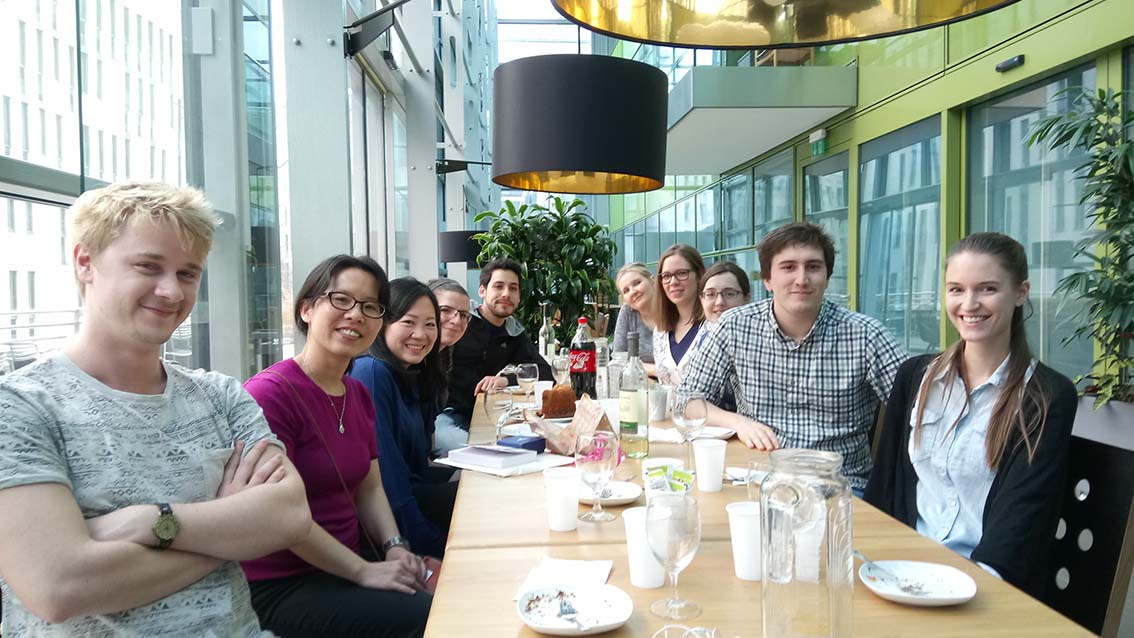
IMBA Ikeda Lab members getting lunch
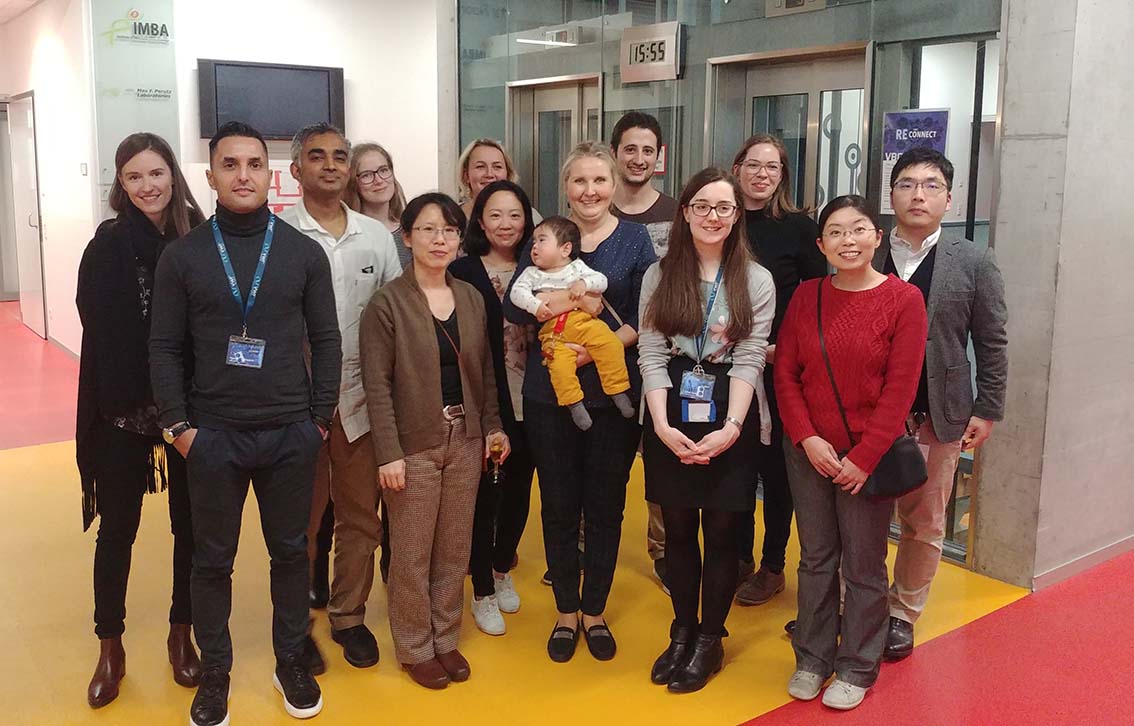
IMBA Ikeda Lab members at a PhD Defense party
Ubiquitin Research
Ubiquitin is a small modifier protein that is universally found in eukaryotes. It regulates nearly every aspect of biology as a mechanism that degrades abnormal proteins via proteasome within a cell by modifying target proteins. In our research, we are trying to elucidate new functions of ubiquitin other than the proteasomal degradation of a target. In particular, we are aiming to understand its mechanisms of action through different ubiquitin codes for inflammatory reactions. Ultimately, we hope to clarify inflammatory disease mechanisms through the ubiquitin system. Recently, ubiquitin has been detected to modify non-protein targets like lipids and sugar, which may open a door to new aspects of ubiquitin function and biological readouts. We are currently developing new molecular tools and approaches to solve the mysteries surrounding this protein.
What I consider important
I want people to be more conscious of the researchers behind the papers and projects. Those people can be, for example, PhD students or postdocs who have contributed to the research. In the Ikeda Lab Journal Club (where we take turns discussing papers), I ask all presenters to look up the first and last authors (PI) and know who they are. I want them to be aware that people are conducting research. This is simply to train junior scientists to always be ready to have a discussion with these authors at any time and respect them as individual scientists, not categorizing them into groups from a country or scientists working at a certain university. In fact, I sometimes invite the first author of a research paper to come for a seminar after discussing their article in our journal club. If you know researchers are real people, I think you can learn to respect them and won't be unnecessarily afraid of them as competitors.
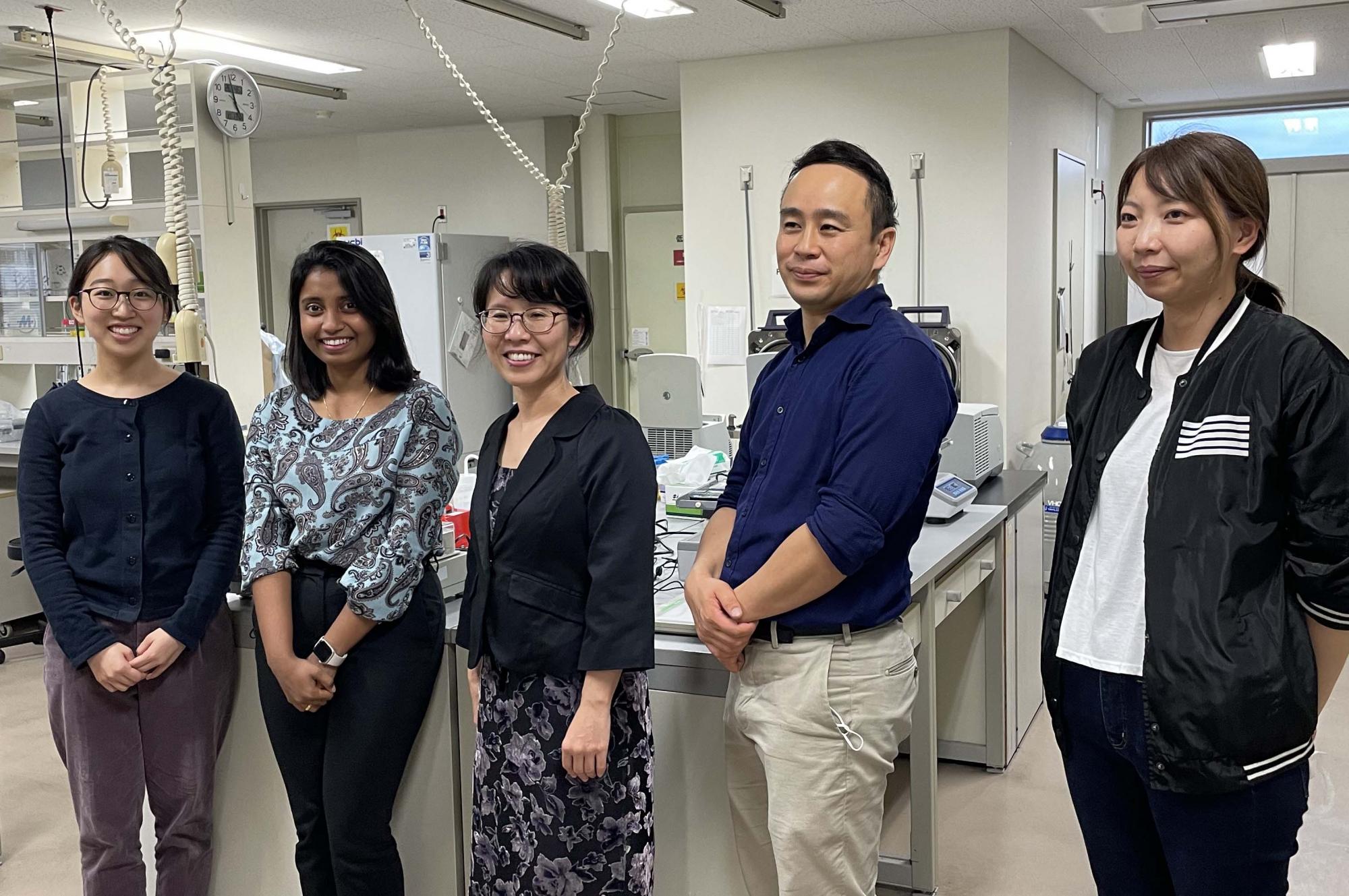
Members of the Ikeda Lab, Osaka University
Though the current pandemic has made things very difficult, meeting and talking with people motivate me to do research, as research is even more fun when you share the discoveries you find. Having frank exchanges with young researchers is also a good way to share. You can also get ideas by having casual chats. When you truly know someone, the kind of research they are doing, and their strengths, you can ask them for advice on techniques and approaches to solve problems.
If you are interested in our research and would like to work with us, please feel free to contact me.
